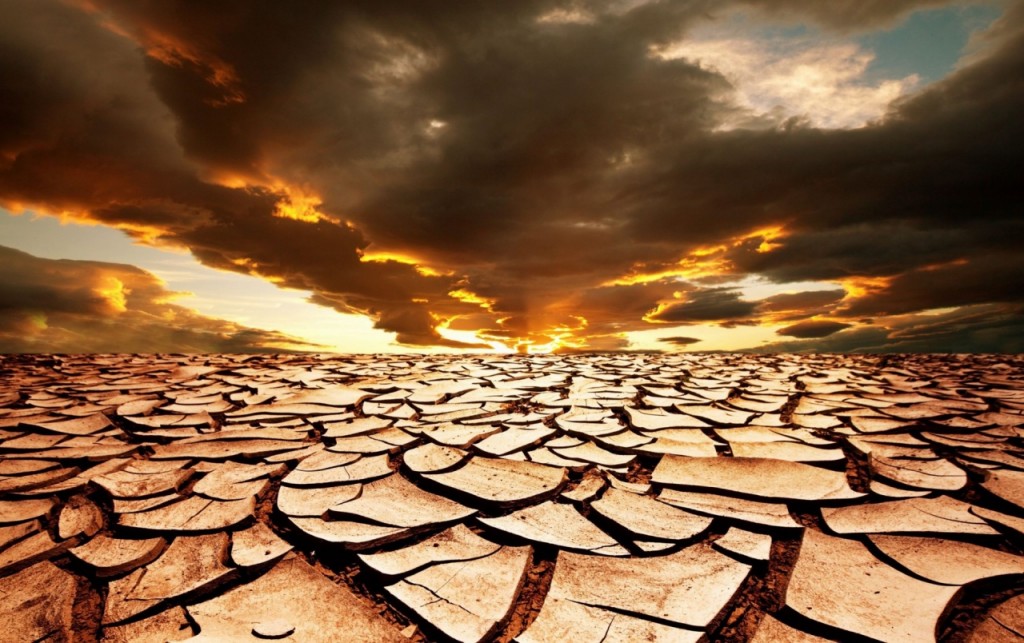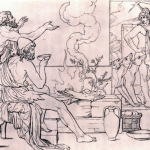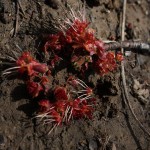My newsfeed is filled with violence and suffering. I know that I have been secure, more or less, thus far, from the bloodier horrors of life on earth, because I have been lucky. It’s hard to say I’ve been “blessed”, because that would imply that God or the angels had taken a special interest in me, while leaving others to the merciless powers of nature, or the sadism of hell. It is impossible for me to subscribe to any theory of the universe that attributes everything to divine will, because then I would have to shake my fist at God, not for my own sufferings, which have been bearable so far, but for the unequal balance of joy and pain, the unequal balance between original sin and what we’re told to see as its punishment. What was God, thinking, giving us free will? This is a mystery.
I’ve been lucky. I look back on my life and see how many close calls I had, due either to my own choices or the choices of others. I was almost “that victim”, again and again. Once in a while, I was that victim, but not for too long; and immersion in the secret life of the imagination leaves one, at times, resilient (or callous, maybe? It takes a lot of horror to distract me from a really good book). When we applaud ourselves for being tough, are we actually sublimating our lack of empathy? Of course, lack of empathy is a great survival technique. If the fittest survive, do the kindest perish?
We’re told that God is especially sensitive to moral offenses, which is why the perceived imbalance between our sin and our suffering is not an imbalance at all. Much, much worse, we are told we deserve. Yet this is hard to swallow, metaphysically, because the infinitely offended God strikes me as an anthropomorphized image of our own infinitely offended selves, the scowling puritan lurking in every soul, Queen Victoria but without wit or aplomb, a tawdry little imp of sensitivity. Everything is about me…I mean, about God. Oops. Sorry.
But what about God the omnipotent, the omnipresent, the one who spoke from the storm?
“Do you give the horse its strength
or clothe its neck with a flowing mane?
Do you make it leap like a locust,
striking terror with its proud snorting?
It paws fiercely, rejoicing in its strength,
and charges into the fray.
It laughs at fear, afraid of nothing;
it does not shy away from the sword.
The quiver rattles against its side,
along with the flashing spear and lance.
In frenzied excitement it eats up the ground;
it cannot stand still when the trumpet sounds.
At the blast of the trumpet it snorts, ‘Aha!’
It catches the scent of battle from afar,
the shout of commanders and the battle cry.
But what about God the child, God the broken, God the crucified, God of infinite empathy?
I am moved by fancies that are curled
Around these images, and cling:
The notion of some infinitely gentle
Infinitely suffering thing.
Now I can turn from my newsfeed and gaze out my kitchen window. There are my gardens, luxuriant after a day of rain. My apple trees are bound in gauze, protected against the hungers of the cicada swarm that visited this year. A swarm of cicadas may be considered a plague, or a curse, but I have seen them as a gift, a grace, because every walk I take around our six acres I am serenaded, and all around me weaves this complex courtship dance. When a cicada lands on my hand I can look into its round red eyes. It has tiny black pupils, and they regard me inquisitively. For seventeen years they lay sleeping in the soil, sipping sap from tree roots, and dreaming perhaps of some collective memory passed down from parents they never knew, tales of the wonders of the earth above. I am one of these wonders. And the cicada is, too.
It flies away.
I’ve been lucky. In times of violence I can follow the advice of Wendell Berry, and seek out the peace of wild things. Like Candide, I can cultivate my garden.
Others have physical churches in which to pray. Most of us have friends to share with. Some even have access to good therapists or spiritual directors.
I can speak of the peace of the wild things, but cannot instruct you to seek them out, because in so many reaches of the world that peace is not to be found. Not everyone has a kitchen window to gaze out of, or luxuriant gardens watered by rain, or the song of the cicadas. Churches are burning; friends are murdered; to have a therapist is a luxury most can’t even imagine. Would I carve up my little paradise here, if I could share it with those who need it? I don’t want it to be asked of me. I want to linger here and pray for peace, but I dread losing these little rag-tag ends of peace I’ve discovered. I’m a selfish bitch. I can handle a trip to Mordor if I get to come home and plant gardens, but not if I’m told I’ll never get to come home again.
It is the inequality of suffering that seems so intolerable, knowing that whatever solace I take is a privilege, knowing that even this degree of mental stability is a privilege.
“Don’t pray” the atheists say, because so often it looks as though our prayer is a protective cocoon in which we hide, veiling ourselves from the horror of the world in fantasies we’ve spun from our own fortunate bellies. But this is true of most people, whether the fantasies involve God or not: we’re mostly selfish bitches, and it’s easier to snap at others than to carve up our paradise and share it with the world. Better if we can figure out some way to decide we deserve it, and they don’t.
Every year I am newly amazed when I step into my garden and find that the tiniest slip of a tomato plant has grown five feet tall, and is loaded with gleaming fruit of red, purple, or yellow. It’s like magic, almost, even when I know the science behind it. This is what we need: for the bounty to be multiplied, the mustard seed to become a tree, loaves and fishes to feed five thousand. Because God knows that most of us are selfish bitches, that we’ll give a little but not all, religious or atheist or in between.
It would be a lie if I said, I go forth now to fight injustice. I don’t. I go forth to weed the garden, because that is easier. And this is why we wretched Christians pray, after all: because we see the inequality with which grief is spread around, we see the wicked flourish, and even if I were holy enough to give my all, it would not be enough; we need God to multiply the harvest and enter into the desert places where not even the insects sing.
image credit: http://wallpaperstock.net/waste-land-sunset-africa-wallpapers_w48235.html. stock photo, public domain













